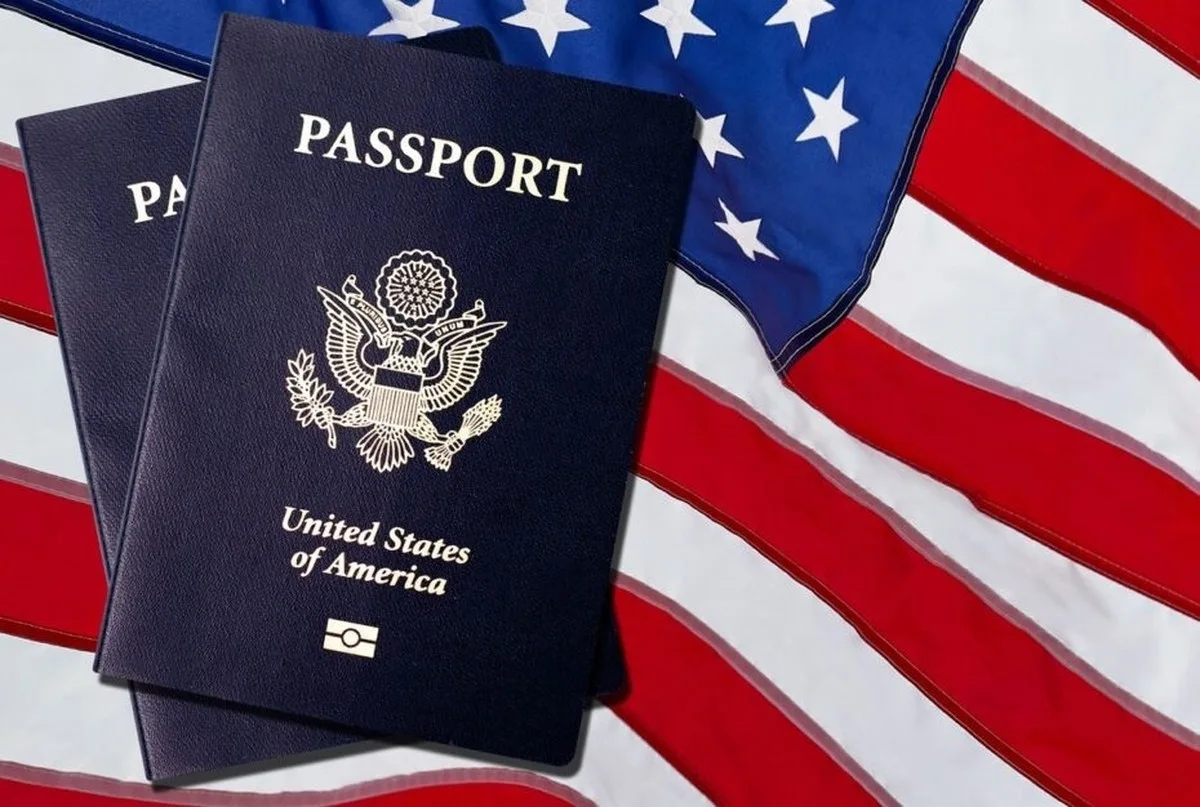16/10/2025
16/10/2025

NEW YORK, Oct 16: The United States passport has slipped out of the world’s top 10 most powerful travel documents for the first time in two decades, marking a notable shift in global mobility dynamics. According to the latest Henley Passport Index, which ranks passports based on visa-free access to international destinations, the US now ranks 12th, tied with Malaysia, granting visa-free access to 180 countries.
This marks a steep fall from its position at the top of the list in 2014 and its recent spot in the top 10 as of July. The 2025 rankings are dominated by Asian nations, with Singapore leading the world, offering access to 193 destinations without a visa. South Korea and Japan follow closely with access to 190 and 189 destinations, respectively.
The US passport’s decline is largely attributed to changing visa policies around the globe. Brazil, for instance, reinstated visa requirements for US citizens earlier this year, citing a lack of reciprocal arrangements. Vietnam, Myanmar, Papua New Guinea, and Somalia also revised their entry policies, favoring other nations and effectively weakening the strength of the US passport. Meanwhile, China and Russia have adopted more open policies with several European and Latin American countries—but not with the US.
Christian H. Kaelin, chairman of Henley & Partners, the firm behind the index, pointed to broader implications beyond rankings. “The declining strength of the US passport over the past decade is more than just a reshuffle in rankings—it signals a fundamental shift in global mobility and soft power dynamics. Nations that embrace openness and cooperation are surging ahead, while those resting on past privilege are being left behind,” he said in a statement.
While the US and UK—both former leaders in passport power—continue their downward trajectory, China’s passport has steadily climbed, rising from 94th in 2015 to 64th in 2025. In the last decade, Chinese citizens have gained visa-free access to 37 additional destinations, bolstered by new agreements with Russia, Gulf states, South American nations, and several parts of Europe.
The United Arab Emirates is another standout, rocketing from 42nd to 8th place over the same period, showing how diplomatic strategy and openness can dramatically shift a country's global mobility status.
At the bottom of the 2025 index is Afghanistan, ranked 106th, with access to only 24 countries. Syria and Iraq follow, offering access to 26 and 29 countries, respectively—highlighting the wide disparity in travel freedom between the highest- and lowest-ranked passports, a gap of 169 destinations.
CNN’s business editor-at-large Richard Quest previously commented on the US passport’s decline, suggesting a connection to past immigration policies, notably during the Trump administration. “You probably can, at some level, say there is a direct relation between one and the other,” Quest noted in July. He also pointed to increased travel restrictions from regions like the EU and UK, which now require electronic travel authorizations for US citizens.
Despite the drop, Quest emphasized that the US passport remains highly functional for most Americans. “There are certainly citizenships that give greater access and availability to travel,” he said. “But for the average person, it’s not a jot of difference. You’ve got your passport, you’ve got where you are. Learn and live with it.”
The Henley Index, which is updated quarterly, uses exclusive data from the International Air Transport Association (IATA) to track access to 227 destinations. It is one of several global passport ranking systems. Another, the Arton Capital Passport Index, which updates in real time, currently places the United Arab Emirates in first place with a visa-free/visa-on-arrival score of 179, followed by Singapore and Spain, tied with 175.
The top 2025 passports according to Henley’s rankings are:
- Singapore (193 destinations)
- South Korea (190)
- Japan (189)
- Germany, Italy, Luxembourg, Spain, Switzerland (188)
- Austria, Belgium, Denmark, Finland, France, Ireland, Netherlands (187)
- Greece, Hungary, New Zealand, Norway, Portugal, Sweden (186)
- Australia, Czech Republic, Malta, Poland (185)
- Croatia, Estonia, Slovakia, Slovenia, UAE, UK (184)
- Canada (183)
- Latvia, Liechtenstein (182)
- Iceland, Lithuania (181)
- USA, Malaysia (180)
As global travel dynamics evolve and nations reshape entry policies in response to diplomacy, security, and economic partnerships, passport power will continue to reflect more than just mobility—it will mirror a country's global standing. For the United States, the latest rankings may serve as a wake-up call to rethink its visa diplomacy in a more interconnected world.


